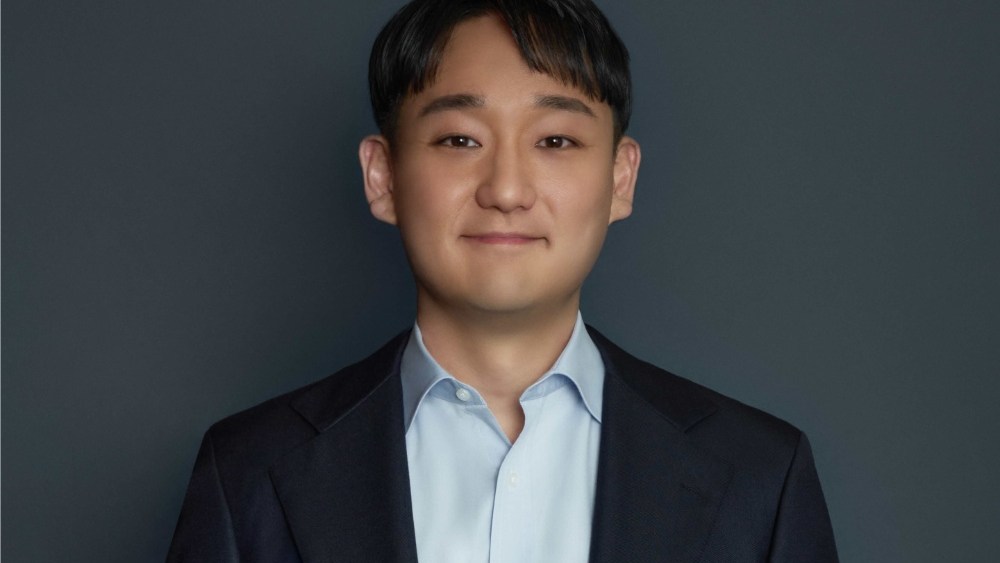With “Squid Game” Season 3 now breaking Netflix records globally, the local-first philosophy championed by Netflix Korea content chief Don Kang has been dramatically vindicated.
“We never expected it to be Netflix’s number one show globally, ever,” Kang tells Variety. “But it happened by really focusing on what we have told ourselves to focus on, which is to have the local teams work on local stories with local creators for the local audiences.”
The Korean survival drama’s latest season shattered Netflix records with over 60 million views in three days and became the first show to rank No. 1 in all 93 countries where Netflix maintains Top 10 lists during its debut week. For Kang, Netflix’s VP of Content for Korea, the show’s unprecedented success validates a philosophy of authentic storytelling over manufactured global appeal.
“If you start writing or trying to come up with something that will resonate to non-local audiences where you have no exposure to the culture, you’re basically writing to an imaginary audience,” explains Kang, who grew up in Indonesia but spent significant time in Korea. “What they’re accustomed to, the stories that they want to tell, are basically influenced by the stories that they were exposed to growing up.”
Despite the pressure that might come with such massive global success, Kang sees no creative risk in continuing to work with emerging filmmakers. “People are looking for new stories. They want to bring stories that our fans and members didn’t even know they wanted to watch. So new stories are very likely to come from new creators,” he says.
This approach has yielded projects like “Lost in Starlight,” marking director Han Ji-won’s first major feature animation with Netflix. Kang noted the scarcity of adult-targeted Korean animation in recent years, with the last notable films coming from director Yeon Sang-ho, who has since moved primarily into live action.
“When we met director Han and saw her works, it was just the right chance for us to give her a chance to really do her first big feature animation,” Kang says. The strategy extends beyond animation, with Netflix also supporting emerging live-action directors like Kim Tae-joon, the filmmaker behind “Wall to Wall,” his second feature following “Unlocked.”
“We have just a handful of very famous directors in Korea established already, but then there’s this big gap of generation after that,” Kang observes. “We are all about nurturing this new layer of young, talented creators.”
Kang has witnessed firsthand how Netflix’s global standards have elevated Korean production quality. The transformation is stark compared to traditional Korean broadcast television, where shows would begin airing with only a handful of completed scripts and writers delivering pages on the day of shooting.
“Sometimes we spend more time doing post-production versus the actual production shooting itself,” Kang says. “That enables the creators to have more time to really unleash their creativity to the full during the production process, and also enables the actors to portray more faithful characters.”
This methodology has attracted international attention. Hong Kong-American actor Byron Mann, who recently starred in the Korean film “Big Deal,” noted the elaborate storyboarding process that resembled manga comics — a marked difference from Hollywood production methods.
Netflix’s emphasis on extensive pre-production planning and robust post-production work represents a significant shift for an industry previously constrained by tight broadcast schedules and limited resources.
Meanwhile, as vertical video content explodes globally — with China’s micro drama market valued at $6.9 billion in 2024 — Kang remains thoughtfully cautious about the format’s potential.
“I haven’t given much thought about doing it,” he says. “There was a moment maybe a couple of years ago in Korea that lots of people were talking about it, but then it lost traction. I don’t see Netflix immediately jumping into that sector. It will naturally evolve, so I look forward to witnessing that.”
For now, Kang’s focus remains on the proven formula that transformed Korean content from a regional specialty into a global phenomenon: empowering local creators to tell authentic stories that resonate first at home, then capture hearts worldwide through Netflix’s global distribution infrastructure.
With “Squid Game” Season 3’s unprecedented success serving as the latest validation of this approach, Kang and Netflix Korea continue building the foundation for the next generation of global Korean hits.
